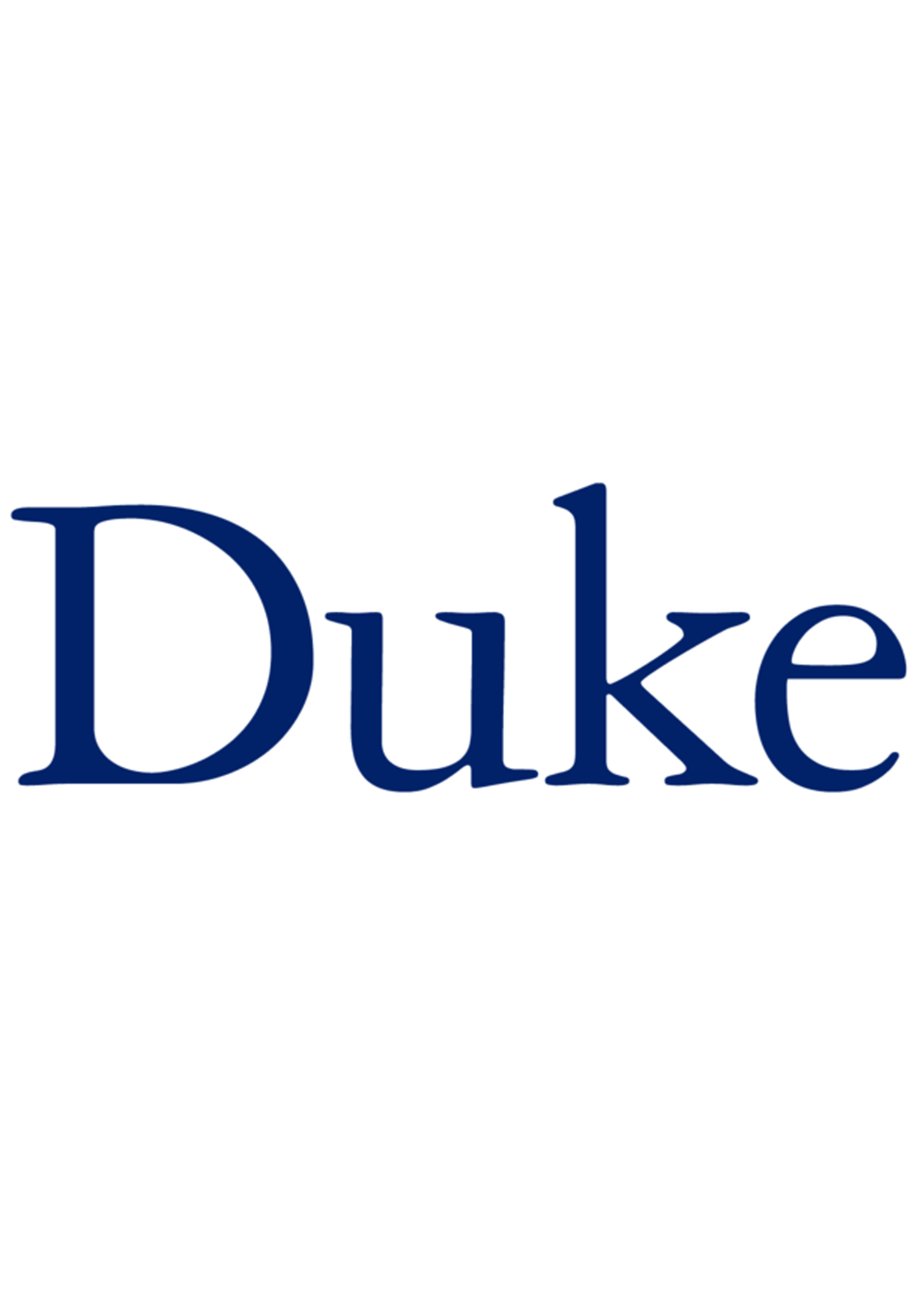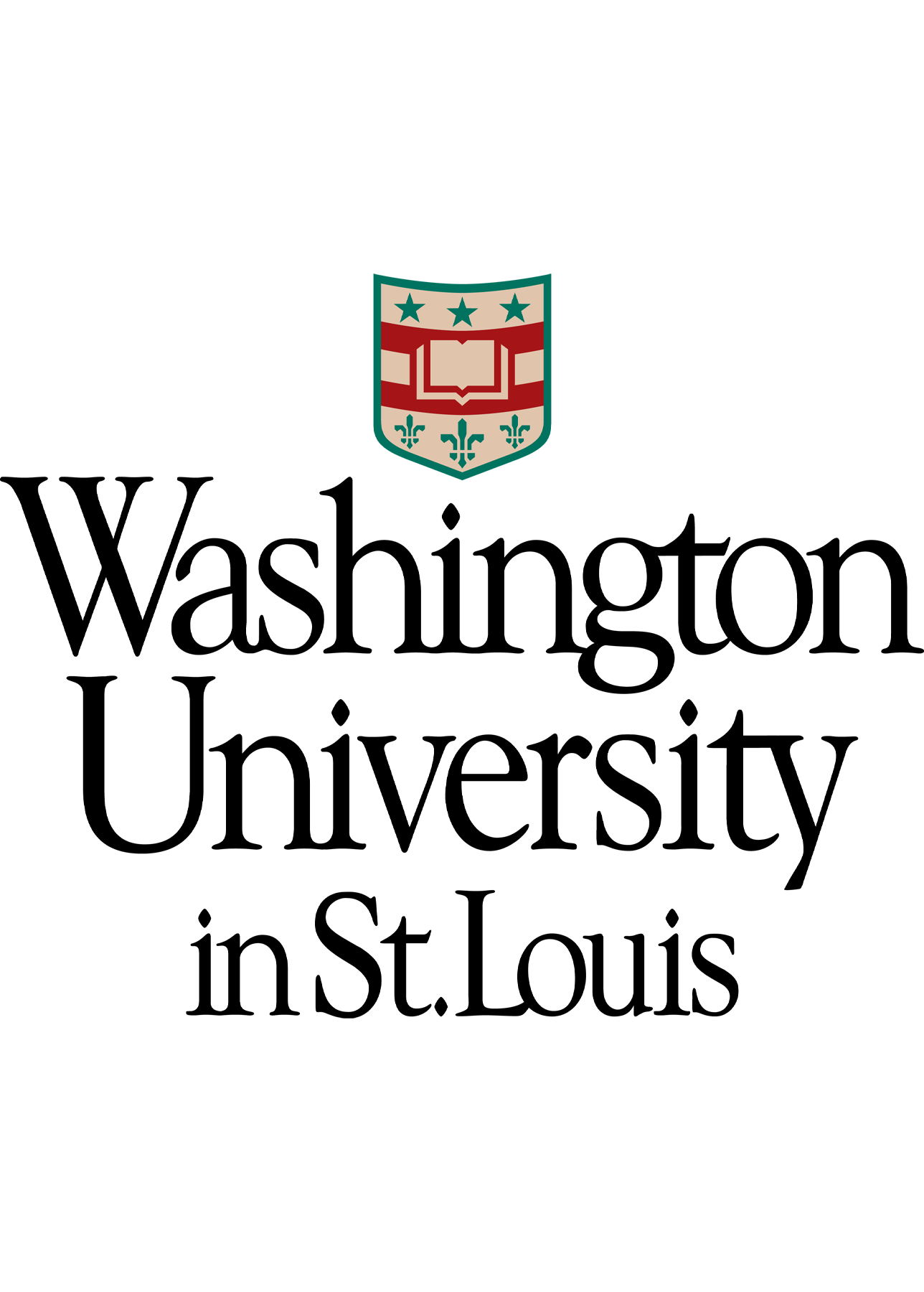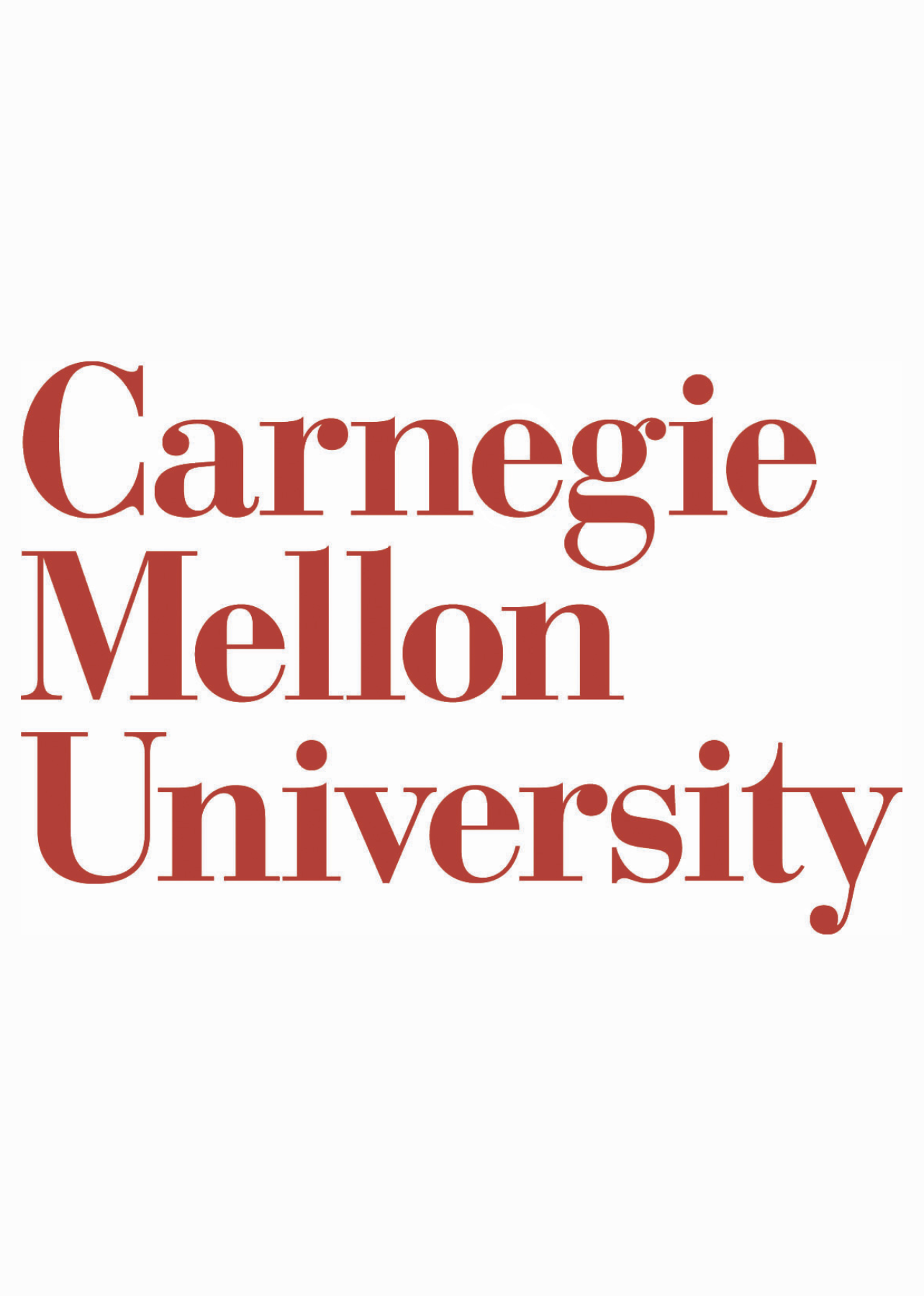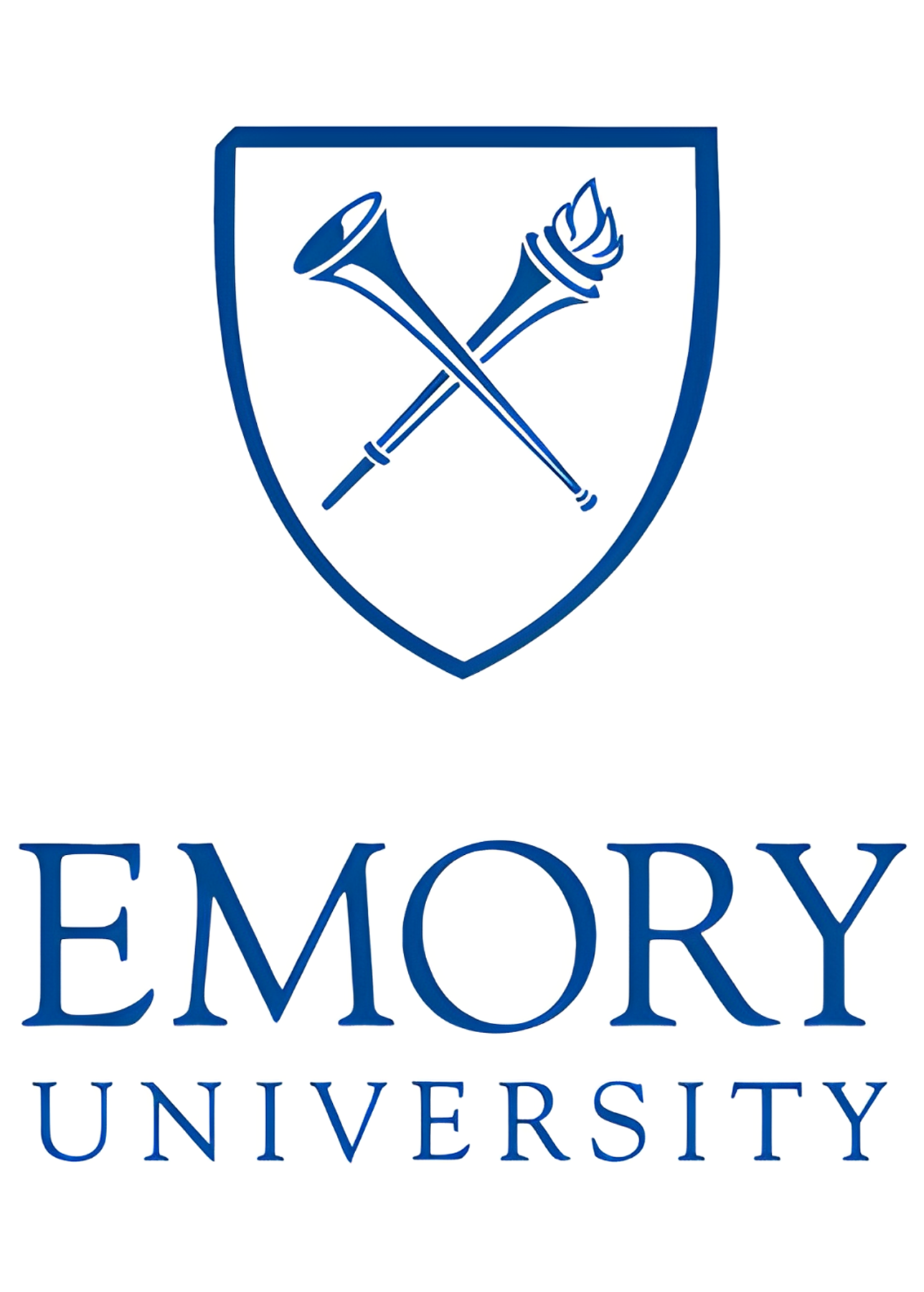A Master of Business Administration (MBA) in finance is a dynamic, well-respected degree that gives students the financial management skills and expertise they need to work in a variety of industries, including banking, government, tech, and nonprofits. There are several lucrative, fast-growing positions that MBA in finance graduates are qualified for, including Financial analysts (median annual salary: $96,220), Financial managers (median annual salary: $139,790), and Chief financial officers (median annual salary: $100,090).
Depending on the course requirements and student’s experience level, most students can earn an MBA in finance in one to two years of full-time study. The average annual tuition for graduate programs during the 2021-22 academic year was $12,596 at public institutions and $29,931 at private non-profit colleges.
Why Trust Us
The Intelligent.com Higher Education Team is dedicated to providing students with independent, equitable school and program rankings and well-researched resources. Our expert-driven articles cover topics related to online colleges and programs, paying for school, and career outlooks. We use data from the U.S. Department of Education’s College Scorecard, the National Center for Education Statistics, and other reputable educational and professional organizations. Our academic advisory team reviews content and verifies accuracy throughout the year for the most current information. Partnerships do not influence rankings or editorial decisions.
- Analyzed over 2,000 national, accredited, and nonprofit colleges and universities
- 800+ rankings pages are reviewed and updated yearly
- Content is informed by reputable sources, surveys, and interviews with academic advisors and other experts
- Over 100 data points are reviewed for accuracy and quality throughout the year, including sources
How we rank schools
Our list features the best MBA in Finance degree programs at top colleges nationwide. Each school featured is a nonprofit, accredited institution — either public or private — with a high standard of academic quality for post-secondary institutions.
We evaluated each school’s program on tuition costs, admission, retention and graduation rates, faculty, reputation, and the student resources provided for online students. We collected data from trusted sources like the National Center for Education Statistics, individual school and program websites, school admissions counselors, and other data sources. Then, we calculated the Intelligent Score on a scale of 0 to 100 based on the following criterion:
Academic Quality:
- Admission rate versus enrollment rate
- Retention rate of students who return after year one
- Accreditation status (regional and programmatic)
- Nonprofit status, both private and public institutions
Graduation Rate
- Overall graduation rate
- Total number of currently enrolled students, including diversity metrics
- Student-to-faculty ratio
Cost and ROI
- In-state and out-of-state per-credit tuition rates and fees
- Required credits to graduate
- Earning potential after graduation
- Availability of federal student loans, scholarships, and other financial aid options
Student Resources
- Available student services for online-only and hybrid programs
- On-campus amenities like tutoring centers and the number of libraries
Read more about our ranking methodology.
Best 30 Accredited MBA in Finance Degree Programs
FiltersInstitution Type
Status
- Intelligent Score
- Alphabetically By University Name
- Acceptance Rate
- Enrollment
- In-state Graduate Tuition
- Out-of-state Graduate Tuition
- In-state Undergraduate Tuition
- Out-of-state Undergraduate Tuition

University of Pennsylvania Wharton Finance
Intelligent Score: 98.18In-state: $53,166
Out-of-state: $53,166
In-state: $37,678
Out-of-state: $37,678
SAT: 1460-1570
ACT: 33-35
The University of Pennsylvania is an Ivy League university, known around the world for its academic excellence and innovative research contributions. UPenn's Wharton School of Business is ranked #1 in the entire country by U.S. News & World Report and #2 in the entire world by QS World University Rankings. It doesn't get more prestigious than Wharton. In this program, you can earn an MBA through the Finance department, benefitting from a balance of core foundational courses and wide-ranging elective options. You can choose a generalist Finance track or a STEM-designated Quantitative Finance track, depending on your interests and career goals. Either way, you will learn from the most influential figures in the field and earn a degree from one of the most influential business schools around.
$1,532
On-Campus
Association to Advance Collegiate Schools of Business
57

University of Chicago Booth School of Business
Intelligent Score: 97.23In-state: $57,642
Out-of-state: $57,642
In-state: $60,300
Out-of-state: $60,300
SAT: 1500-1570
ACT: 34-35
$2,313
On-Campus
Association to Advance Collegiate Schools of Business
70

NYU Stern
Intelligent Score: 96.78In-state: $52,204
Out-of-state: $52,204
In-state: $34,704
Out-of-state: $34,704
SAT: 1370-1540
ACT: 31-34
New York University's Stern School of Business is, like Wharton, one of the top-ranking business schools not just in the United States but in the world. U.S. News & World Report ranks NYU Stern #12 nationally, #4 for part-time Master of Business Administration (MBA) programs, and #3 for Finance. It's no surprise that such a prestigious business school, located in the epicenter of American business and commerce, is home to some of the best faculty in the world. Stern's faculty have won a number of prestigious awards for teaching and research, and professor Robert Engle is a recipient of the 2003 Nobel Prize in Economics. As an MBA in Finance student, you study advanced micro- and macroeconomics concepts from faculty who literally write the textbooks and lead the entire field forward.
$1,403
On-Campus
Association to Advance Collegiate Schools of Business
60

UCLA Anderson School of Management
Intelligent Score: 96.39In-state: $11,442
Out-of-state: $41,196
In-state: $11,442
Out-of-state: $11,442
SAT: 1310-1530
ACT: 30-35
According to U.S. News & World Report, University of California, Los Angeles currently shares the #1 public university in America ranking with its fellow University of California institution, UC Berkeley. U.S. News ranks UCLA's Anderson School of Management #17 in the country, and #5 nationally among part-time Master of Business Administration programs. What sets UCLA's Master of Business Administration in Finance apart is its flexibility and specializations. The front-loaded core curriculum enables you to take elective courses in your first year so you can concurrently build foundational business knowledge and more specialized skills and know-how. Some of UCLA's most popular electives include Digital Marketing Strategy by Sanjay Sood, Persuasion and Influence by Noah Goldstein.
$1,740
On-Campus
Association to Advance Collegiate Schools of Business
80

University of Michigan
Intelligent Score: 95.21In-state: $16,520
Out-of-state: $53,669
In-state: $24,344
Out-of-state: $24,344
SAT: 1340-1520
ACT: 31-34
University of Michigan's Stephen M. Ross School of Business is located in Ann Arbor, Michigan, and is consistently ranked among the top three college towns in America by a host of media outlets, including Forbes and The College Post. Ross's full-time Master of Business Administration: Fast Track in Finance (FTF) program lets you dive into finance electives in your first semester. In this arrangement, you get to study finance topics alongside your core business courses rather than saving all the finance courses for the end of your program. As a FTF student, you will complete an intensive summer online program in finance and take two required courses: Valuation and Corporate Financial Policy.
In-State: $1,235
Out-of-State: $1,323
On-Campus
Association to Advance Collegiate Schools of Business
57

Harvard Business School
Intelligent Score: 94.75In-state: $49,653
Out-of-state: $49,653
In-state: $49,448
Out-of-state: $49,448
SAT: 1460-1580
ACT: 33-35
$2,300
On-Campus
Association to Advance Collegiate Schools of Business
72

University of California - Berkeley
Intelligent Score: 94.62In-state: $11,442
Out-of-state: $41,196
In-state: $11,442
Out-of-state: $11,442
SAT: 1310-1530
ACT: 30-35
$3,708
On-Campus
Association to Advance Collegiate Schools of Business
34

Northwestern University
Intelligent Score: 92.79In-state: $58,227
Out-of-state: $58,227
In-state: $56,067
Out-of-state: $56,067
SAT: 1430-1550
ACT: 33-35
$2,080
On-Campus, Online
Association to Advance Collegiate Schools of Business
54-55

Duke Fuqua School of Business
Intelligent Score: 92.73In-state: $55,880
Out-of-state: $55,880
In-state: $57,900
Out-of-state: $57,900
SAT: 1470-1570
ACT: 34-35
Duke University is one of the most prestigious universities in the country, particularly in the South. U.S. News & World Report ranks the Fuqua School of Business at Duke University #12 in the nation, tied with NYU Stern. Duke offers many schedules and ways of completing their Master of Business Administration program: you can attend classes during the day, through the Global Executive program, through the Weekend Executive program, through the Health Sector Management program, or jointly with a complementary graduate program in Medicine, Law, Environmental Management, Forestry, Public Policy, or Nursing. Whichever schedule you choose, you can concentrate in one of two areas of finance: Corporate Finance or Investments. You can also earn a Certificate of Excellence in Finance.
$1,154
On-Campus
Association to Advance Collegiate Schools of Business
65-79

Washington University in St. Louis
Intelligent Score: 92.61In-state: $56,300
Out-of-state: $56,300
In-state: $56,300
Out-of-state: $56,300
SAT: 1480-1560
ACT: 33-35
$1,650
On-Campus
Association to Advance Collegiate Schools of Business
55

Carnegie Mellon University
Intelligent Score: 91.59In-state: $57,560
Out-of-state: $57,560
In-state: $46,441
Out-of-state: $46,441
SAT: 1460-1560
ACT: 33-35
$2,274
On-Campus
Association to Advance Collegiate Schools of Business
64

UF Warrington College of Business
Intelligent Score: 89.95In-state: $4,477
Out-of-state: $25,694
In-state: $10,770
Out-of-state: $10,770
SAT: 1290-1460
ACT: 29-33
In-State: $530
Out-of-State: $1,255
On-Campus
Association to Advance Collegiate Schools of Business
32

University of Wisconsin - Madison
Intelligent Score: 88.56In-state: $9,273
Out-of-state: $37,161
In-state: $10,728
Out-of-state: $10,728
SAT: 1260-1460
ACT: 27-32
In-State: $509
Out-of-State: $956
On-Campus
Association to Advance Collegiate Schools of Business
53

Emory University
Intelligent Score: 87.95In-state: $53,070
Out-of-state: $53,070
In-state: $43,800
Out-of-state: $43,800
SAT: 1380-1530
ACT: 31-34
$2,084
On-Campus, Online
Association to Advance Collegiate Schools of Business
69

The University of Texas at Austin
Intelligent Score: 87.85In-state: $11,448
Out-of-state: $40,032
In-state: $12,028
Out-of-state: $12,028
SAT: 1210-1470
ACT: 26-33
In-State: $848
Out-of-State: $947
On-Campus
Association to Advance Collegiate Schools of Business
62

University of Virginia
Intelligent Score: 85.74In-state: $15,772
Out-of-state: $49,819
In-state: $17,076
Out-of-state: $17,076
SAT: 1320-1510
ACT: 30-34
In-State: $1,426
Out-of-State: $1,483
On-Campus
Association to Advance Collegiate Schools of Business
53

UNC Kenan-Flagler Business School
Intelligent Score: 81.55In-state: $7,019
Out-of-state: $34,198
In-state: $10,552
Out-of-state: $10,552
SAT: 1280-1490
ACT: 28-33
In-State: $1,727
Out-of-State: $2,302
On-Campus
Association to Advance Collegiate Schools of Business
62

Rice University
Intelligent Score: 79.39In-state: $50,310
Out-of-state: $50,310
In-state: $47,306
Out-of-state: $47,306
SAT: 1460-1570
ACT: 34-36
$2,194
On-Campus
Association to Advance Collegiate Schools of Business
60
How to Choose an MBA in Finance Degree Program
Choose your area of study
The first step in finding a suitable MBA in finance program is clarifying your educational and career goals as well as your practical needs. Establishing priorities early in the process can help you narrow your options to programs that align with your interests and needs.
First, consider whether an MBA in finance is the right degree for you. MBA programs give students a foundation in multiple areas of business practice, including management, economics, communications, and marketing, before focusing on finance concepts and skills. Meanwhile, Master of Finance (MFin) and Master of Science (MS) in Finance programs concentrate specifically on advanced finance topics, with less of a general business emphasis.
You’ll also want to think about what level of MBA program is appropriate based on your educational and professional background. Some MBA in finance programs are open to all students, regardless of their undergraduate degree and prior work experience. Others are designed for students who studied business or finance at the undergraduate level and have several years of professional experience in a related field.
In terms of practical needs, this is a good time to determine if you’ll attend school full-time or part-time. Consider how classes will fit into your schedule. Can you attend classes during regular working hours, or do you need a program that offers evening and weekend classes? If attending a program in person is challenging, you can also consider online MBA programs that have more flexibility.
Research schools and programs
After establishing your priorities and parameters, you can start exploring potential MBA in finance programs.
When researching programs, here are some questions that can help you determine if the program is a good fit:
- What is the curriculum, and does it align with your interests and goals?
- Who are the faculty members, and what are their qualifications?
- What networking opportunities are available to students?
- Is there an internship or other experiential learning component?
- What support services are available to students?
- What scholarship and financial aid opportunities are available?
- What type of accreditation does the institution and program have?
Ensuring that the programs you’re considering are accredited is essential. A school’s accreditation status can impact your eligibility for financial aid, future employment, and further educational opportunities. Schools in the U.S. can be regionally or nationally accredited, with regional accreditation being the more widely recognized accreditation status. MBA programs can also have programmatic accreditation through agencies like the Association to Advance Collegiate Schools of Business (AACSB) or the Accreditation Council for Business Schools and Programs (ACBSP). Students can verify institutional and programmatic accreditation through the Council for Higher Education Accreditation’s database.
To learn more about schools and programs, visit their websites, contact admissions counselors and program representatives, and attend in-person or virtual open houses and information sessions when available.
Prepare for tests and applications
Application requirements and procedures vary by school. When researching MBA in finance programs, review the school’s admissions website or contact their admissions office to get specific information about how to apply. Find out if the program has any specific eligibility requirements, such as an undergraduate degree in business or finance, a minimum undergraduate GPA, or a minimum amount of professional experience.
Common application requirements for an MBA in finance program include:
- Completed application and required fees
- Official transcripts from all postsecondary schools previously attended
- Letter(s) of recommendation
- Resume or CV
- Personal statement
- GRE or GMAT scores
The GRE and GMAT are standardized tests for graduate students. There are multiple opportunities throughout the year for students to take these exams and various ways to prepare for them, including self-paced study or prep classes. Because these exams can be challenging, students should account for the time that may be needed to retake the exams if they don’t achieve their desired score on the first try. It’s worth noting there are many MBA programs that don’t require GMAT scores, though.
Select your program
Admissions to MBA programs can be competitive, especially at top-tier business schools. Therefore, many students choose to apply to multiple programs to increase their odds of acceptance. However, your own preferences and interests should be the main guide to how many applications you submit. If you’re accepted to multiple MBA in finance programs, compare your options to the priorities you outlined in step one to help you decide which program is the best fit for you.
Determine how you’ll pay for your degree
If you haven’t already gotten information about the total cost of your program and what financial aid resources are available, now is the time to do so. This information is usually available on a school’s website, or you can contact their financial aid office to speak to a financial aid counselor.
Students who want to be considered for need-based aid such as federal student loans, grants, and institutional scholarships must complete the Free Application for Federal Student Aid (FAFSA). Colleges use the information from this application to determine eligibility for aid based on financial need. Graduate students are eligible for Direct Unsubsidized Loans and Direct PLUS Loans through the U.S. Department of Education’s Federal Student Aid program.
You can also explore need- and merit-based scholarships and grants from external sources, including professional associations, nonprofits, and community and religious groups that award scholarships and grants. If you’re planning on working while earning an MBA in finance, find out if your employer offers tuition assistance benefits. Due to the desirability of MBA skills, many employers offer financial assistance to help employees earn this degree.
What Can You Expect From an MBA in Finance Degree Program?
An MBA in finance is a versatile degree that covers foundational and advanced concepts and skills in finance and business. Students can use this degree to help them enter the finance industry or prepare them for high-level management and executive positions. Nearly every industry employs finance professionals, including banking, healthcare, government, nonprofits, and tech.
Students in an MBA in finance program will typically start with core courses in general business topics like management, leadership, communication, and economics before moving on to specific courses in financial management, accounting, analysis, and more. Most MBA in finance programs include an internship requirement, so students get hands-on experience in a real-world setting prior to graduation. Some programs also have a capstone project requirement, where students synthesize the theoretical and real-world knowledge they gained in the program.
MBA in finance programs typically require 36-60 credits and can be completed in 1-2 years of full-time study. Longer programs tend to be more comprehensive and cater to students who have little or no business background. Executive MBA programs, which are designed for professionals who have five or more years of work experience, tend to be shorter but more rigorous, focusing on advanced business skills and practices.
Students interested in analyzing financial information should also consider online master’s in accounting programs, as this may be a better fit for your personal interests and career goals.
Potential courses you’ll take in an MBA in finance degree program
- Financial Accounting: Acquaints students with the process used to construct and understand the financial reports of organizations and helps them develop an understanding of the decisions that must be made in the financial reporting process and the ability to evaluate and use accounting data.
- Portfolio Management: Presents advanced material relevant for portfolio managers, including the money management industry (mutual funds, pension funds, hedge funds), modern techniques for optimal portfolio selection, liquidity and transaction costs, properties of asset returns, and more.
- Microeconomic Analysis: Addresses economic analysis and optimal decisions, consumer choice and the demand for products, production functions and cost curves, market structures and strategic interactions, and pricing and non-price concepts.
- Financial Markets and Institutions: Studies financial institutions, financial crises, and the design of financial contracts, with an emphasis on the economic role of various types of debt contracts and the strategic effects of the bankruptcy and reorganization process.
MBA in Finance Degree Frequently Asked Questions
How do I apply to an MBA in finance degree program?
Before applying to an MBA in finance degree program, it’s helpful to consult with admissions counselors at the schools you’re considering to get more information about specific application procedures, requirements, and deadlines. Admissions counselors can review eligibility criteria, which vary from school to school. Some programs are designed for advanced-standing students who have prior education and work experience in business or finance, while others are open to students of all educational and professional backgrounds.
Colleges typically accept applications and supporting materials online through an admissions portal. Applications for an MBA in finance programs typically require official transcripts from all postsecondary schools attended, letters of recommendation, a resume, a personal statement, and GRE or GMAT scores.
Admissions to MBA in finance programs can be competitive, so it’s important to be aware of application deadlines and enrollment dates. Some programs enroll new students multiple times throughout the academic year, while others admit new students once or twice per year. Submitting your application and supporting documents on time will help ensure your application is considered for your desired start term.
How much does an MBA in finance degree cost?
The Education Data Initiative reports that the average cost of an MBA degree is $56,850. However, the cost of an MBA in finance depends on factors like the college’s status as a public or private institution and whether students are considered in-state or out-of-state at public colleges.
For example, an MBA from Harvard University, a private institution, costs $231,276, while an MBA from Binghamton University, a public school, is $22,620.
The amount of financial aid a student receives will also impact what they pay for their MBA in finance. Scholarships, grants, work-study, employer tuition assistance benefits, and other forms of aid can reduce the out-of-pocket costs that students must pay.
For the most accurate information about a program’s cost, contact the school’s financial aid office to speak to a financial aid counselor.
How long does it take to earn an MBA in finance degree?
MBA in finance programs can vary in length based on the number of credits they require. Programs designed for more experienced students may require fewer classes and can typically be completed in one year to 18 months of full-time study. More comprehensive programs that cater to students without a business background require more credits and may take 2-3 years to complete.
Attending a program part-time will also increase the amount of time it takes to earn an MBA in finance, as part-time students take fewer credits each term. Conversely, students who have previously earned credits from another MBA program or who are awarded credit for work experience may take less time to complete this degree.

